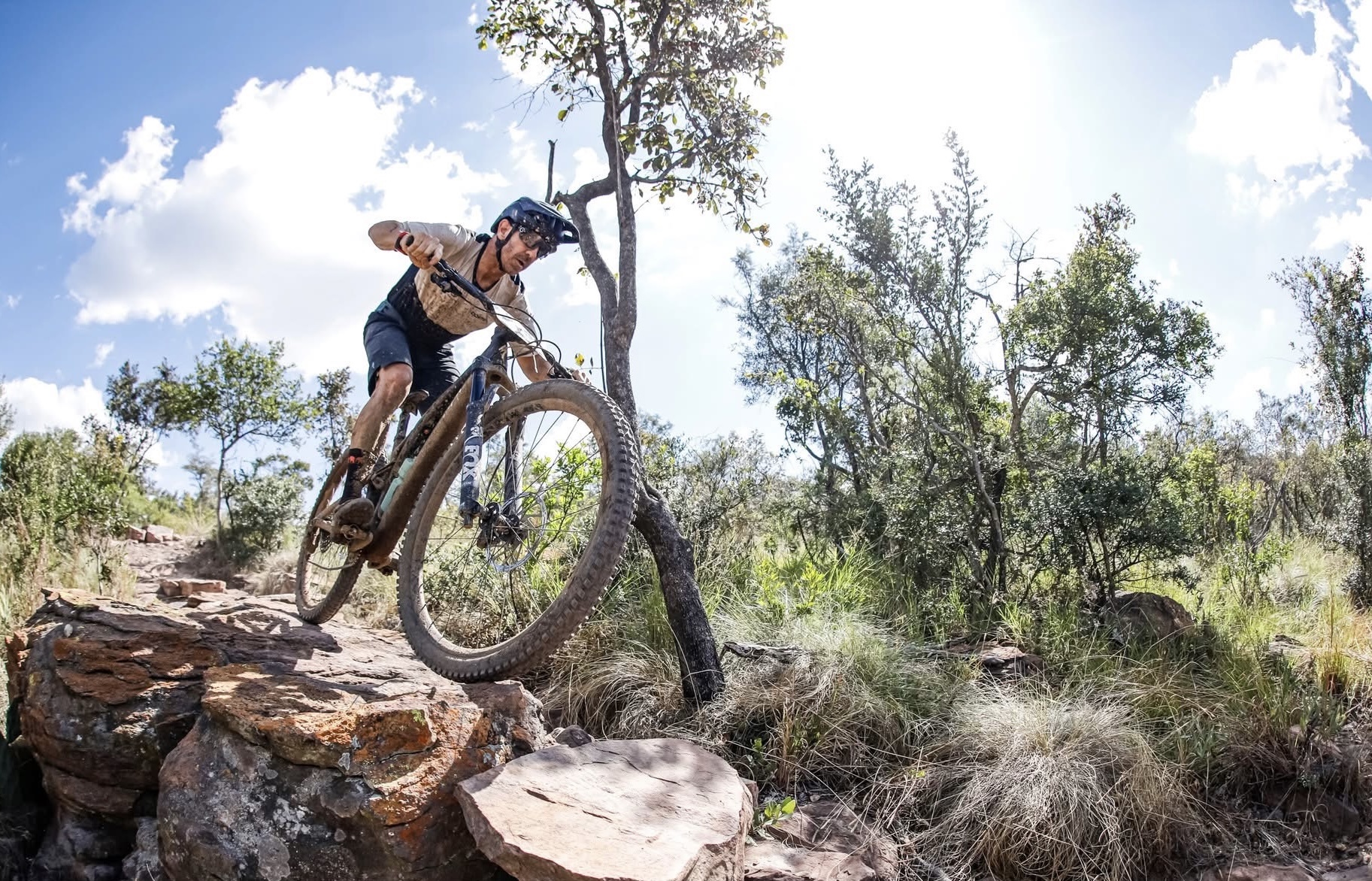Recently, in South Africa, there have been several instances of middle-aged, fit mountain bikers experiencing a heart attack. I am one of them. Sadly, not all survived, but I feel that this advice could help others survive or even prevent a truly unexpected event.
By Sean Badenhorst
On Saturday, 6 September 2025, shortly after finishing a gravel race, I had a heart attack. It was an 83km race with 1000m of climbing. I crossed the finish line in just over 3 hours 40 minutes. As I collected my finisher medal and a cup of Coke, I started to feel the first symptoms.
[I wrote a very detailed account of my heart attack experience. It’s published on my Facebook page here https://www.facebook.com/sean.badenhorst.3/: Start with Chapter 1]
Having spent most of my 55 years focused primarily on road cycling and mountain biking and pursuing a healthy lifestyle, I never once considered I might be at risk of having a heart attack. But within about 30 minutes of feeling the first symptoms, I reluctantly accepted that is what was happening.
I was very fortunate I wasn’t alone. My son, Cade, was driving us home from the race and he got me to a hospital ER quickly. I have since found out that if you can get treatment within 90-120 minutes, you have a chance of survival and preventing or reducing permanent heart muscle damage.
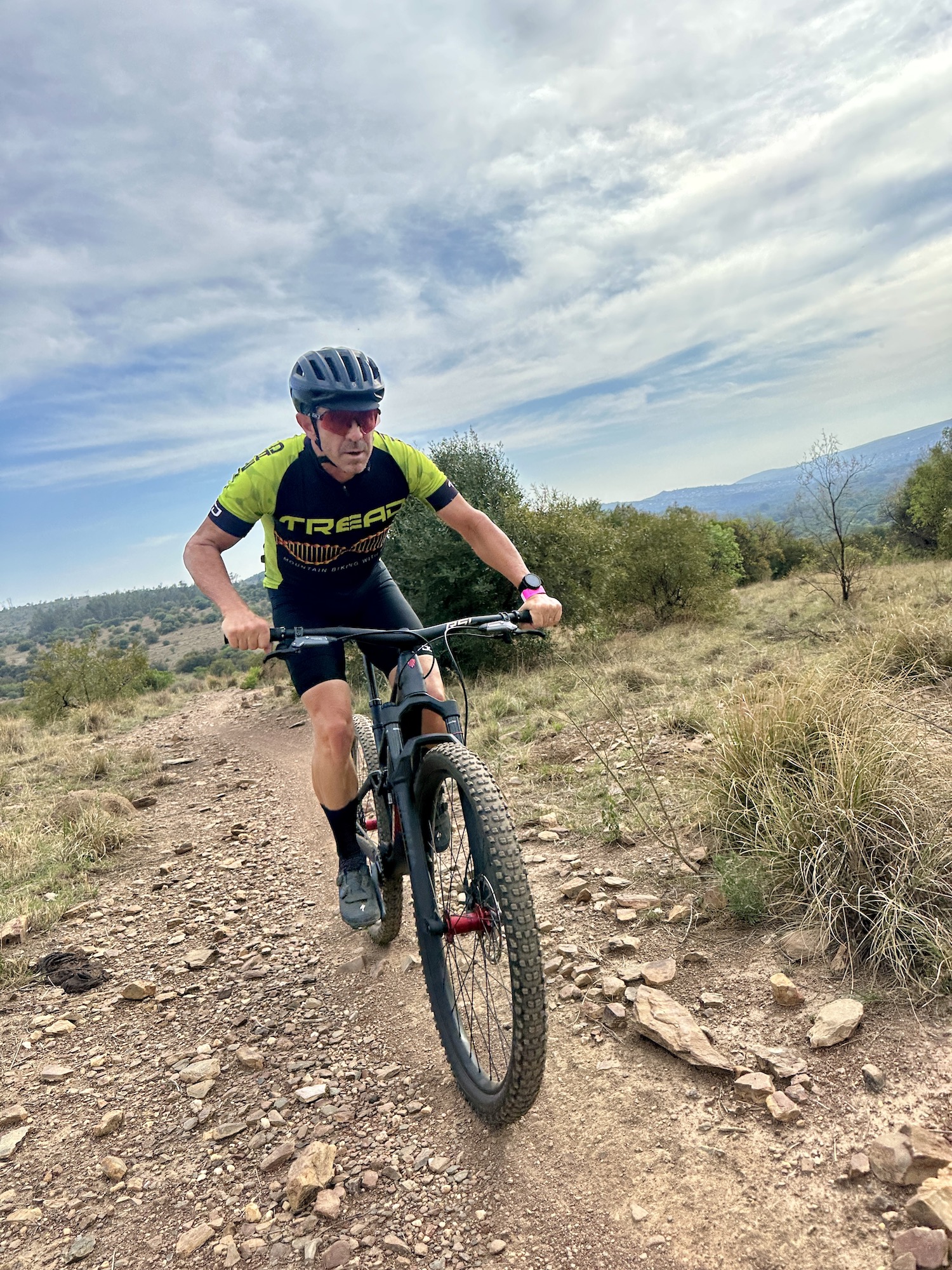
In summary, I was quickly stabilised at the ER. Next step was to determine the state of my heart arteries. When one or more than one is blocked that’s what causes a heart attack. An angiogram test revealed that three of my four heart arteries are packed with plaque.
I haven’t had this confirmed with a test yet, but the assumption by the medical experts is that because I don’t tick any of the usual boxes for heart attack risk, I am genetically prone to heart disease. The fact that my dad needed triple bypass surgery at the age of 70 is a strong indication that I have inherited atherosclerosis (artery plaque generation). There’s nothing that can be done to change this, but detecting it early (ideally before the age of 40) can help you manage it and reduce the risk of a heart attack.
The other South African mountain bikers that recently experienced heart attacks, were also likely in the same situation as me. Completely unaware of the terrible state of our heart arteries caused by a genetic condition that isn’t really tested for unless specifically requested.
After examining the results of my angiogram, the cardiologist said that they will have to perform triple bypass surgery if I am to continue to live to old age.
I underwent this operation, which is rather significant! It’s basically open-heart surgery to add new channels that bypass the coagulated arteries. They use other arteries and veins from other areas of your body to do this.
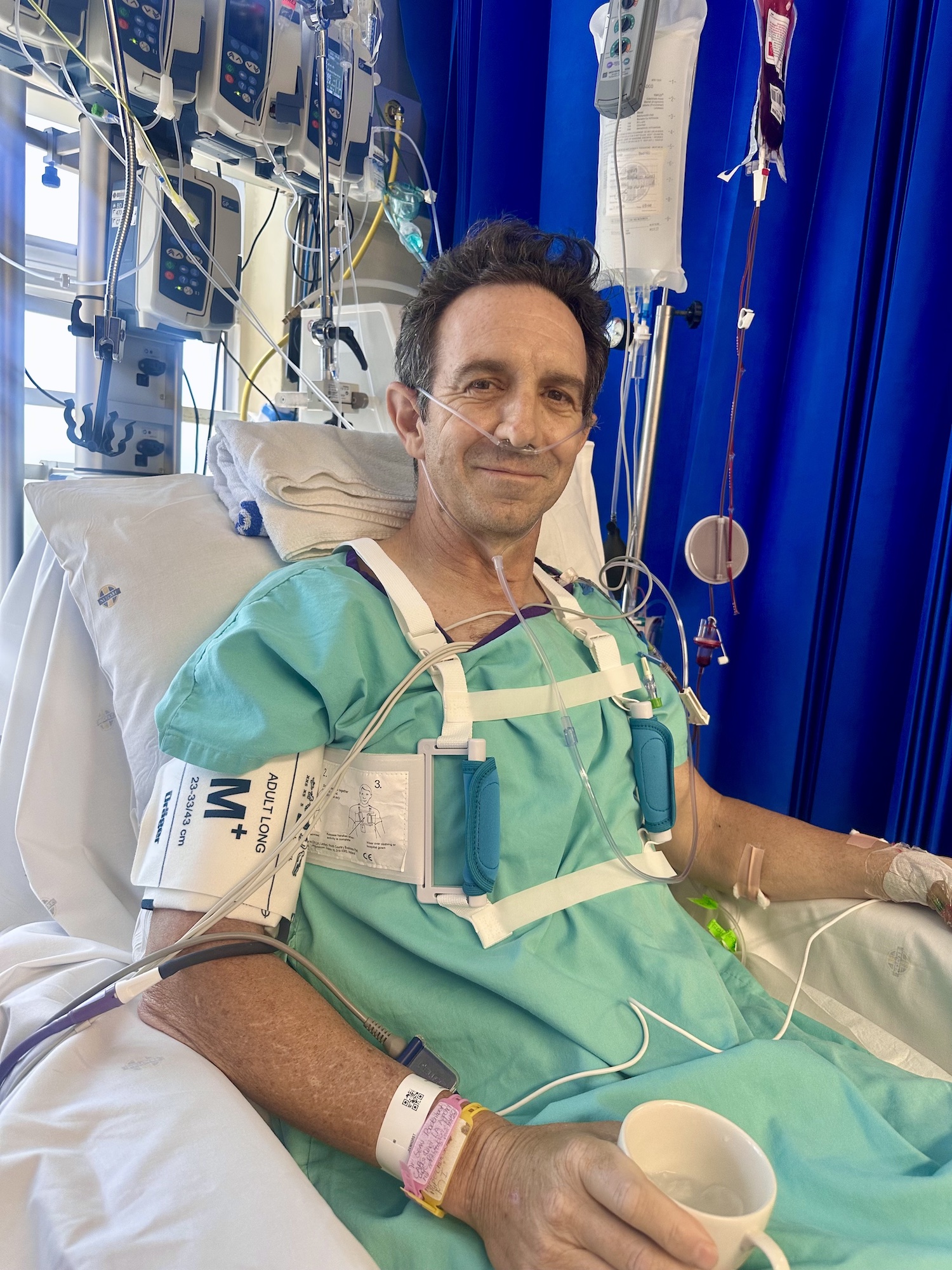
I now face being on certain types of medication for the rest of my life as well as occasional visits to a cardiologist to monitor my body’s progress. I have never needed chronic medication previously, but I guess it’s a small price to pay for a second chance at life. The prognosis is good though. I should be able to ride mountain bikes as I did before – as hard and as far as I feel I can.
Because I don’t get ill much and because I’m quite sceptical of the chronic medication industry, I haven’t ever felt the need to get regular health checks. I don’t even have a GP. (Oh, and because I have been asked this a lot since my heart attack, no, I did not take the Covid-19 jab.)
So, if you are a fit, committed cyclist or mountain biker that’s not in tune with what’s happening INSIDE your body, this is what I recommend:
Book a health check with a GP. Specifically ask for heart disease focus. Blood tests and an ECG (electrocardiogram) are likely to reveal any potential issues with your heart and artery state. I don’t want you to become paranoid, just aware.
In South Africa, five people have heart attacks every hour. Heart attacks and strokes can both be caused by atherosclerosis (plaque build-up in arteries) as well as high blood pressure and elevated levels of blood sugar and cholesterol. In South Africa, there are 215-225 deaths from strokes and heart attacks DAILY!
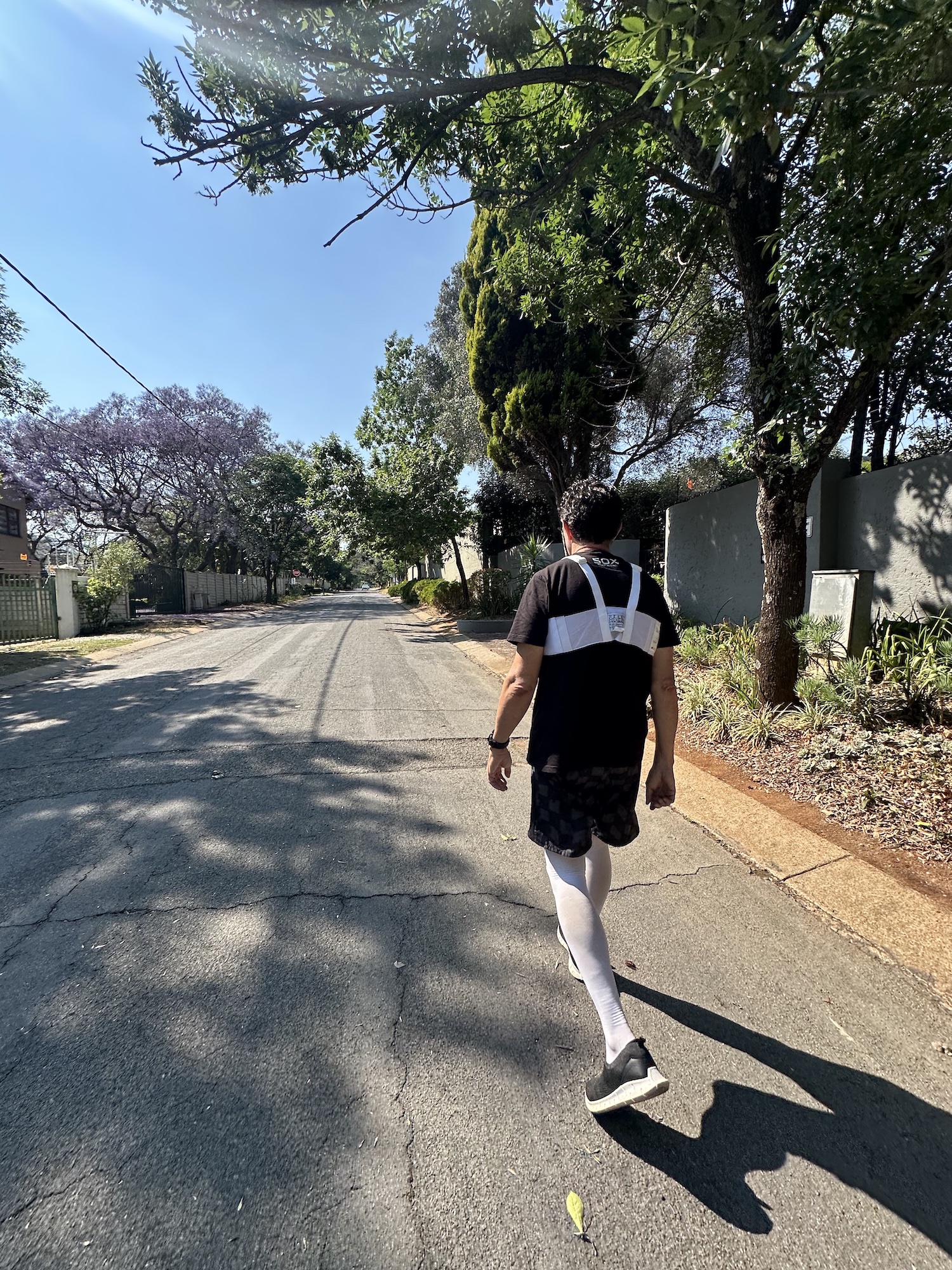
Do you see the medical industry running awareness campaigns to lower these numbers? No, because they make good money from people having heart attacks and strokes. It’s up to us to take whatever control we can.
Not all heart attacks result in death. But I count myself fortunate to have survived my heart attack. I’m grateful to wake up each day and experience the joy of my family, pets, garden and nature. I know that it could have been so different and I intend to use my experience to warn and educate where I can.
These are the most common symptoms of a heart attack:
- Chest pain or pressure
- Shortness of breath
- Pain in the arms, back, neck, jaw or stomach
- Feeling of anxiety or discomfort
- Cold sweat
- Feeling weak
- Nausea or vomiting
- Feeling lightheaded or dizzy
- Tingling or pins & needles feeling in arms or hands
- Unusually low heart rate
What you need to do if you are experiencing these symptoms:
- Assume the worst and accept that it is likely a heart attack, no matter how fit and conditioned you are. Don’t try to be brave and dismiss it.
- Get to a hospital Emergency Room as soon as you can. Any hospital. All hospitals are obliged to stabilise a heart attack patient regardless of medical aid status.
- Tell them you are having a heart attack so that they prioritise you for treatment.
If you are alone, find/call someone to drive you to a hospital asap. If you are driving, stop and alert someone asap and ask them to help get you to a hospital ER.
The sooner you get diagnosis and treatment the lower your chances of dying and sustaining permanent damage to your heart. Getting treatment within 90-120 minutes of the first symptoms gives you the best chance of survival.
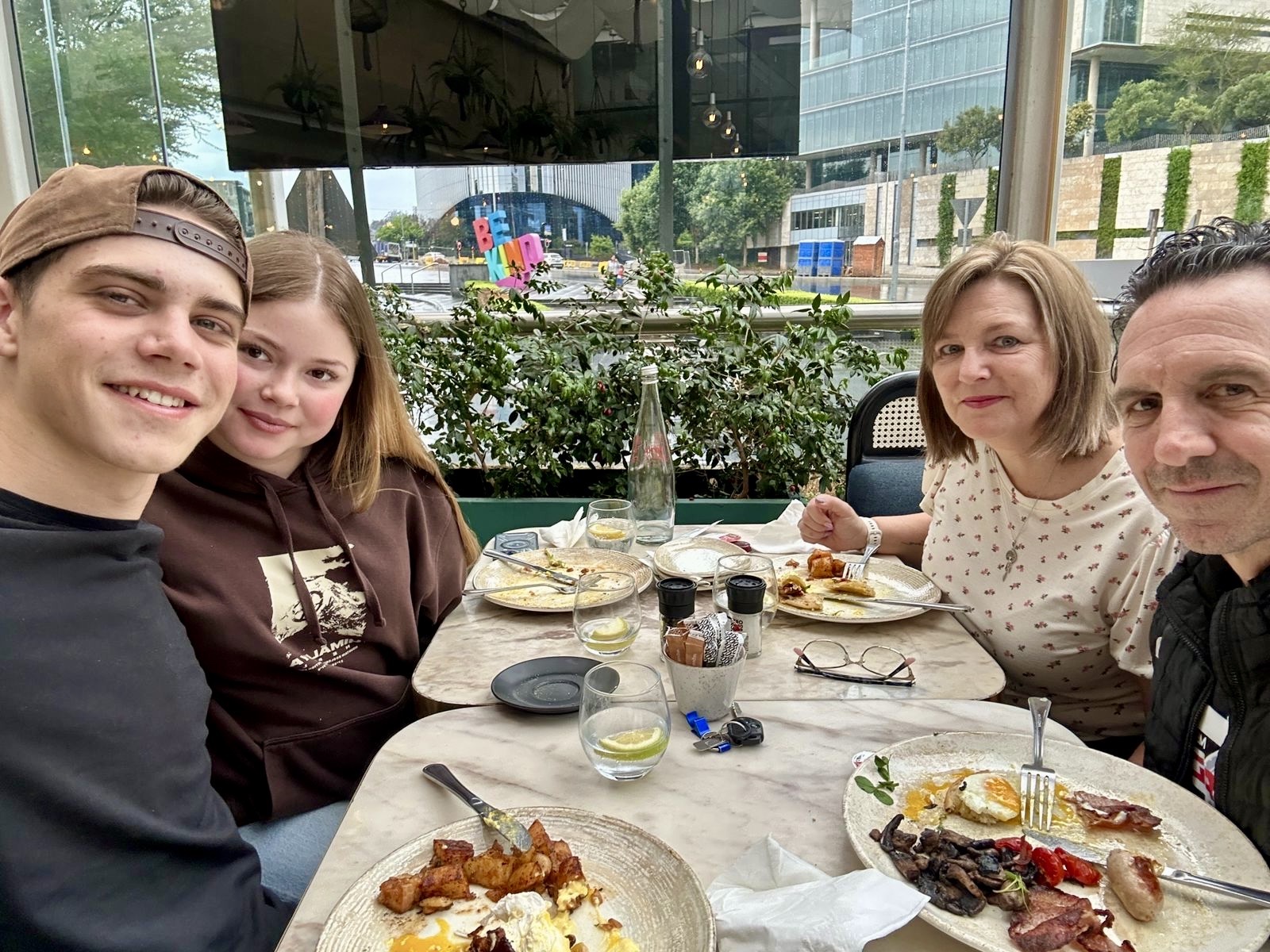
Genetic risk test
There is a blood test to see if you may be genetically predisposed to blocked arteries. It’s called a LIPOPROTEIN(a) test – or Lp(a) and it’s been around for more than 40 years. An AI search reveals that it is available in South Africa, but needs to be specifically requested and may not be covered by all medical aids. Globally, around 1 in 5 (about 20%) of people have elevated Lp(a) levels which is apparently the best indicator of genetic risk for heart disease. But it needs to be considered in conjunction with other factors, depending on the individual.
This test is useful for those of you who have a parent or grandparent that had a heart attack or lives/lived with heart disease and would like to know if you are at risk – or may face the risk as you get older.
I will definitely send my two sons for this test so that they have some kind of awareness and/or warning. It’s not a given that all descendants inherit the same risk. I hope that is the case with them. But if it isn’t, then at least they will be aware.
There isn’t a significant amount of information in South Africa relating to heart attacks or heart disease awareness. The Heart and Stroke Foundation website has some useful information, but has questionable dietary guidelines. Too much recommendation of processed foods for my liking…
I find that using AI searches with very specific questions helps me with the information I am seeking. I mostly use Grok on X to ensure a reasonable balance of information. I will continue to do research and share my findings because I feel that awareness is pitifully low. If you have any questions relating to my heart attack experience or heart disease risks for fit mountain bikers, feel free to email me on sean@treadmtb.co.za
Intro image: An action shot of me at the South African Enduro Champs in May 2025. Photo by Dominic Barnardt.


